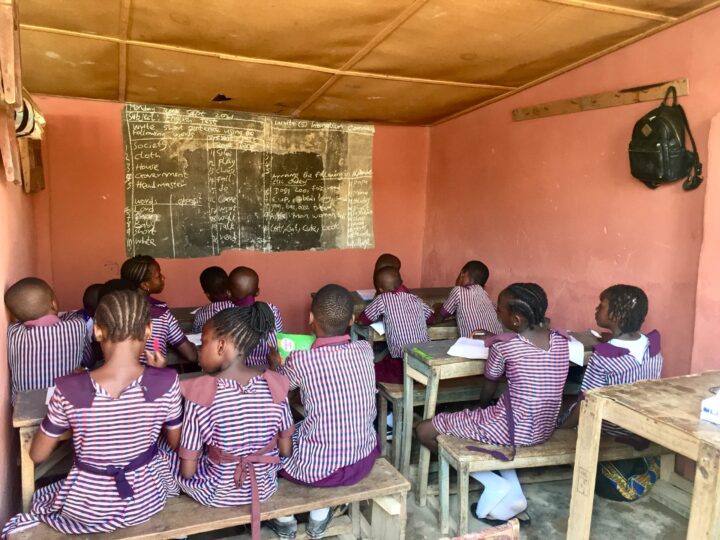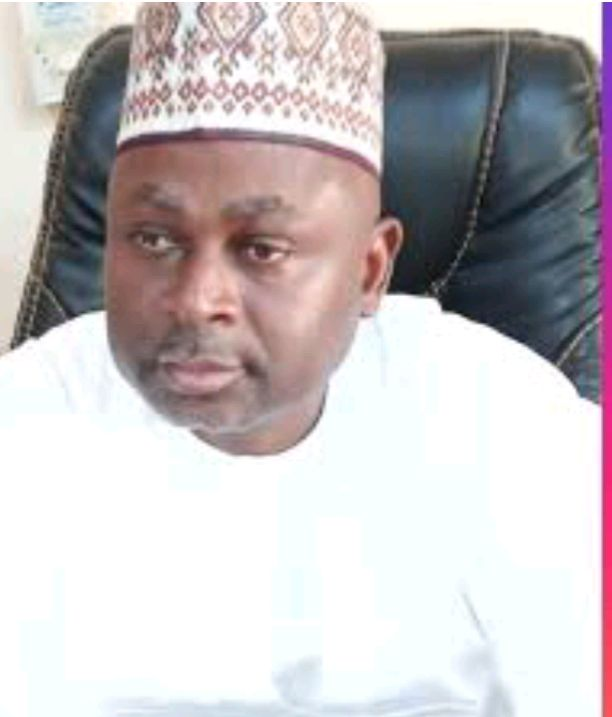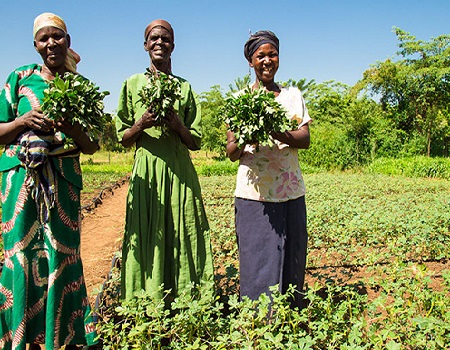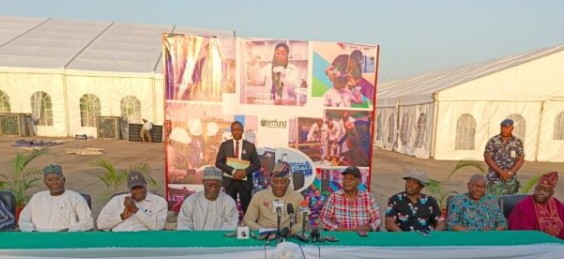Ministry, CSACEFA collaborate on education reform
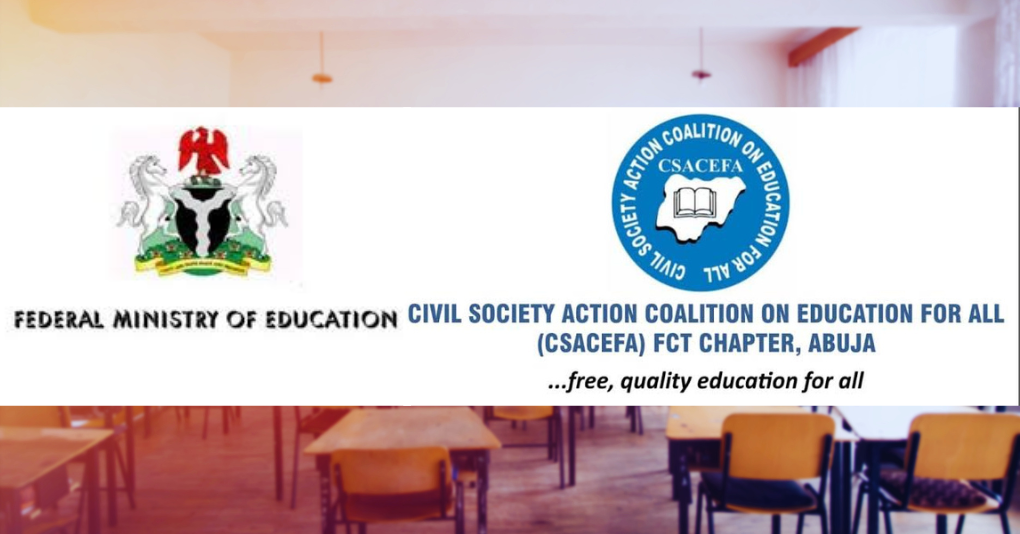

ABUJA (Sundiata Scholar) – The Federal Ministry of Education has reiterated its commitment to partnering with the Civil Society Action Coalition on Education For All (CSACEFA) to enhance Nigeria’s educational standards.
Dr Ibrahim Basuka, Special Adviser to the Minister of State for Education, made this known at CSACEFA’s 2024 Annual General Meeting (AGM) in Abuja on Thursday.
The conference, themed “Strengthening Partnership for Transformative Educational Development in Nigeria”, focused on fostering collaboration to address key challenges in the education sector.“
The Minister is committed to working with CSACEFA to achieve quality and inclusive education in Nigeria.“It’s not just about promises; the Minister is ready to collaborate with stakeholders to ensure quality and inclusive education in Nigeria.“
We’re building on existing progress to uplift educational standards and fulfil the President’s vision”, Basuka said.Mrs Odinakachi Ahanonu, CSACEFA’s Policy Advisor, noted the importance of funding and accountability in education.
She criticised Nigeria’s failure to meet the UNESCO-recommended budget allocation of 15-20 per cent for education.“Civil society must intensify efforts to monitor these funds, ensure proper utilisation, and hold government officials accountable while in office.“
Without adequate funding, we cannot address the issues of infrastructure, quality teaching, and out-of-school children effectively,” she said.
Ahanonu also revealed that only two states have accessed the 2024 Universal Basic Education (UBE) fund, emphasising the need for civil society to ensure transparency in its use.“For 2024, only two states have accessed the Universal Basic Education (UBE) fund.
This is unacceptable.“Civil society must intensify efforts to monitor these funds, ensure proper utilisation, and hold government officials accountable,” she added.
Mr Duke Ogbureke, National Moderator of CSACEFA, underscored the organisation’s role in monitoring education budgets and advocated for gender-sensitive teaching practices.“
While we’ve made progress, the challenges remain enormous. Nigeria still has over 18 million out-of-school children, and even for those in school, the quality of education and teacher morale are deeply problematic.“
The need for increased funding and accountability in the education sector is urgent,” Ogbureke said.
He urged members to remain steadfast in pushing for systemic reforms to ensure inclusive and transformative education in Nigeria.“We must continue working to ensure no child is left behind,” he added. (NAN)



